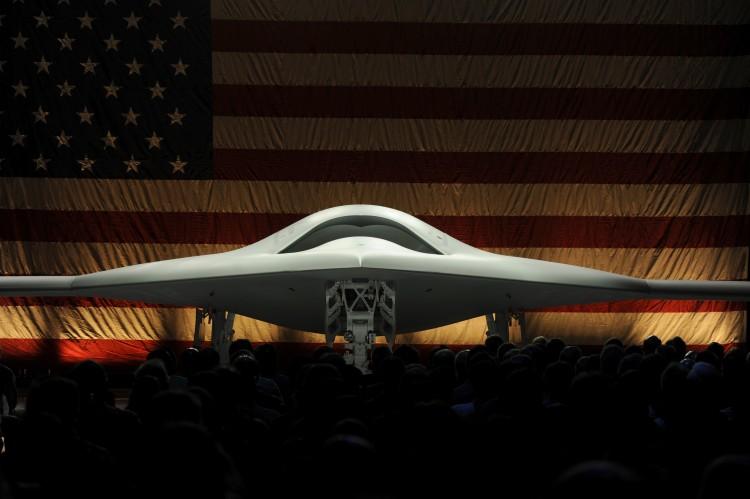The continued dominance of the U.S. defense industrial base isn’t guaranteed without improvements to funding and an easing of bureaucracy, according to the chief executive of one of America’s foremost defense corporations.
“When you look at the breadth of challenges that the U.S. and our allies need to deal with, I can’t remember a time when it’s been as broad as it is today,” said Kathy Warden, CEO of Northrop Grumman.




